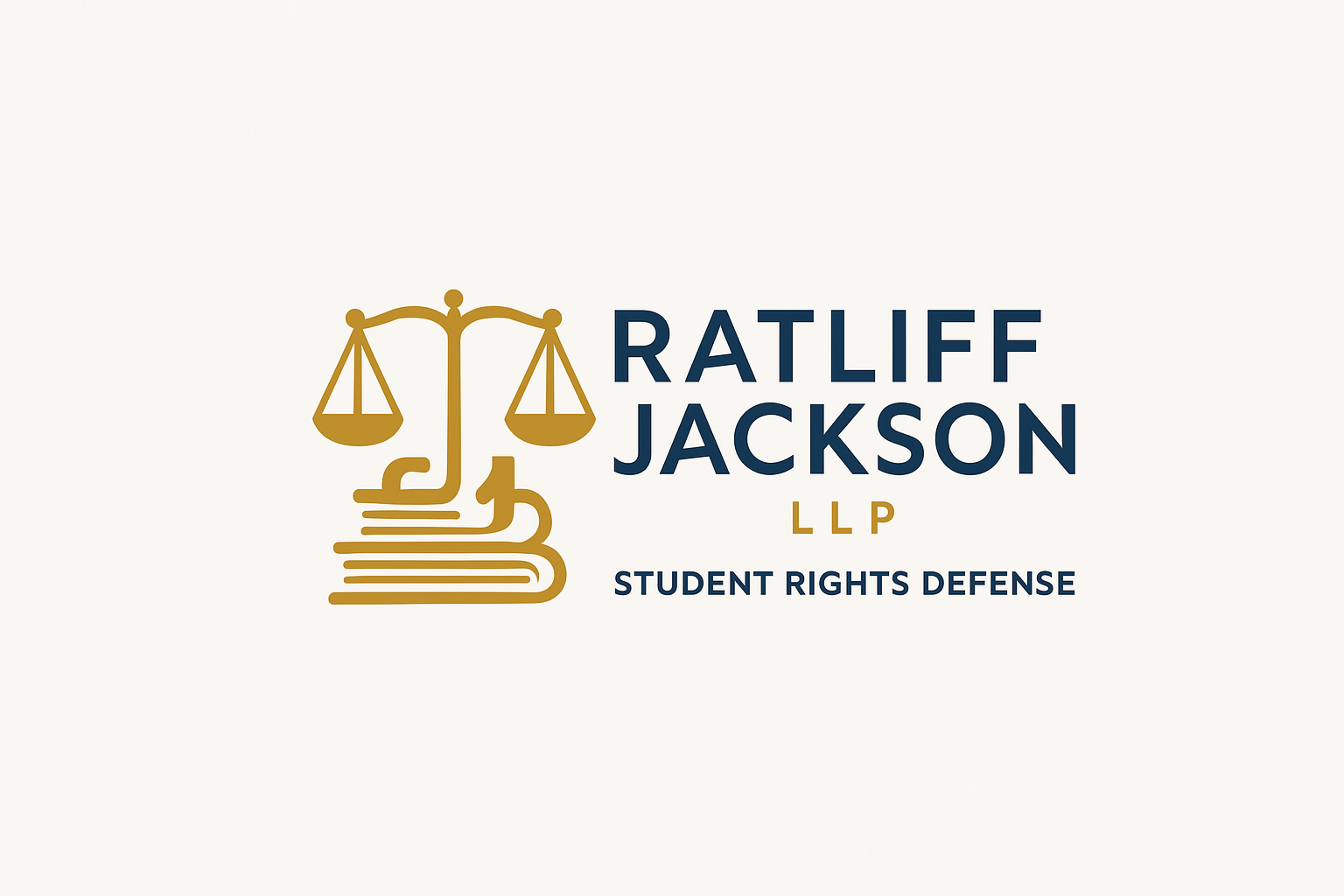If you’ve been accused of misconduct under Title IX, the process can feel like it’s stacked against you from the start. Whether you’re a college student in California, a graduate student in New York, or a high school senior in Texas, one thing is true across the board: a Title IX complaint can jeopardize your education, your career plans, and your reputation. But it’s also true that you have rights—important ones—and the sooner you understand them, the better positioned you’ll be to protect yourself.
Title IX was designed to eliminate sex-based discrimination in education. While it’s often seen as a tool for protecting complainants, it also mandates fairness for the accused. That includes the right to a neutral investigation, the right to see the evidence against you, and the right to respond fully and fairly. Unfortunately, schools sometimes fall short of these obligations. That’s where experienced legal guidance becomes critical.
One of your most fundamental rights is the presumption of non-responsibility. You are not considered “guilty” of any violation unless and until the evidence proves otherwise. Schools aren’t supposed to jump to conclusions or issue penalties before completing the process, though many students tell us it feels like the school already made up its mind. That’s why we get involved early—to make sure the process stays fair and the rules are followed.
You’re also entitled to written notice of what you’re being accused of. This should include a clear explanation of the conduct in question, the school’s policies that apply, and how the process will move forward. If you’re not given this information early or thoroughly, that can become an issue later—either as grounds for appeal or even a legal claim.
Once the investigation begins, you and your advisor have the right to review all relevant evidence. That includes texts, emails, social media, video, witness statements, and anything else the school gathers. In our experience representing students nationwide, we’ve seen many schools withhold or delay this disclosure unless the student knows to ask for it. Don’t assume you’re being shown everything—verify.
Another major right under Title IX is the ability to bring an advisor to every stage of the process. That advisor can be anyone—but having an experienced attorney who understands how these systems work can make all the difference. In schools that hold live hearings, your advisor—not you—is the one allowed to cross-examine witnesses. That means your defense may hinge on your advisor’s preparation and ability to expose inconsistencies in the other side’s story.
You’re also allowed to present your own evidence and witnesses, whether that’s messages showing the interaction was consensual, classmates who witnessed key moments, or context that explains your behavior. This is your chance to tell your side of the story, but it has to be done the right way—and under strict deadlines.
If the school ultimately finds you responsible, you generally have a right to appeal. Appeals can be based on procedural errors, new evidence, or signs of bias by the investigators or hearing panel. But appeals must be filed quickly—sometimes within days of the decision—so it’s essential to act fast.
You should also know that retaliation is prohibited under federal law. You can’t be harassed, intimidated, or penalized by faculty, staff, or other students because you’re participating in a Title IX case. If retaliation happens, the school is legally required to step in and stop it. If they don’t, they can be held accountable.
Finally, while people often associate supportive measures—like counseling or class schedule changes—with complainants, respondents are equally entitled to these protections. You don’t need to be found responsible to access support that helps you stay focused and safe during a difficult time.
Here’s what we tell every client: Title IX is not a “school problem”—it’s a legal process with real-world consequences. A bad outcome can follow you to graduate school, professional licensing boards, and job interviews. But with the right legal strategy, many students are able to defend themselves successfully and preserve their future.
At Ratliff Jackson LLP, we represent students and families across the country—from Ivy League universities to state colleges to private high schools. We know how each institution operates, and we know how to push back when the process becomes unfair.
If you’re facing a Title IX investigation anywhere in the United States, reach out today for a confidential consultation. We’ll help you understand your rights, build a defense, and take control of the process before it controls you.
